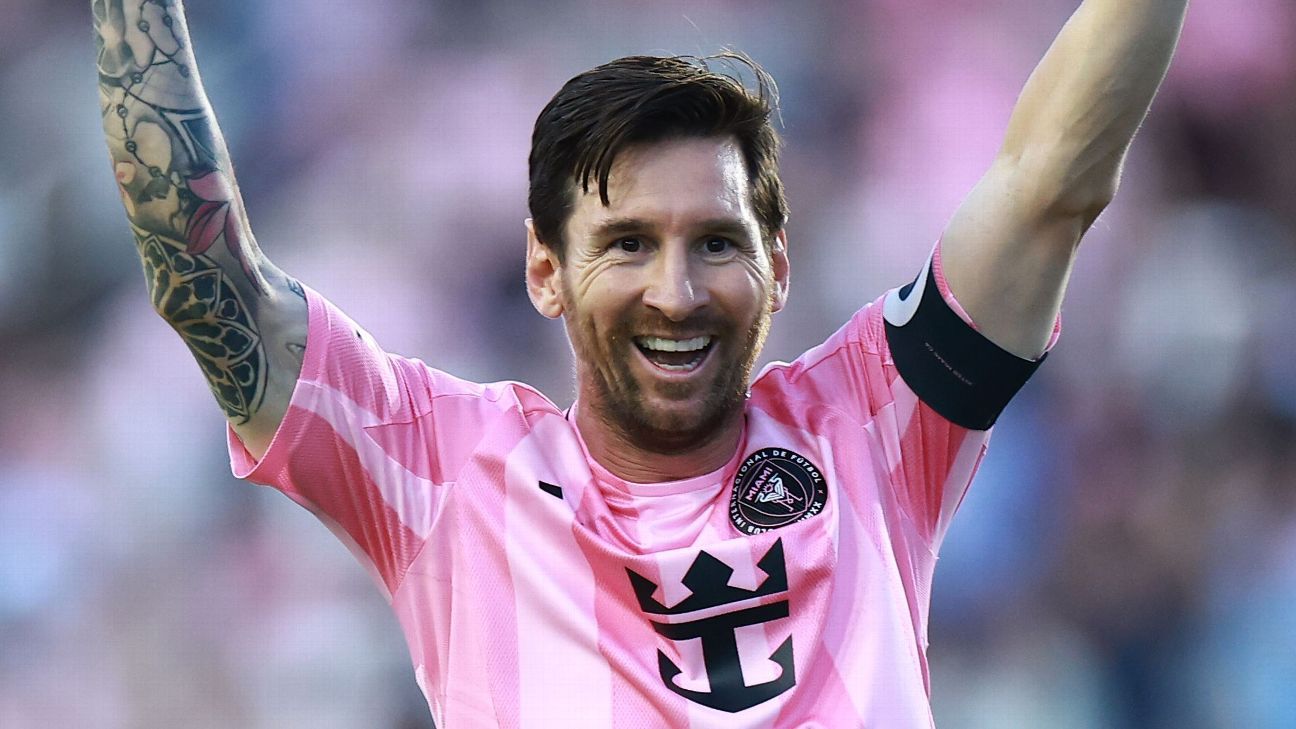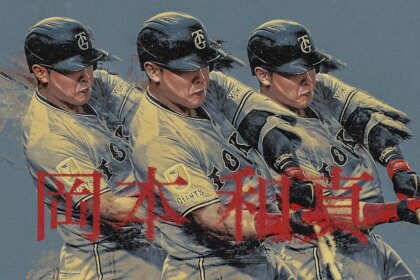It’s been 18 years since MLS rolled out the designated player (DP) regulations. Initially intended as a workaround to bring David Beckham to the LA Galaxy, these rules have since become integral to shaping the league’s roster. MLS can now attract renowned players who enrich the league while also fostering emerging talent. This dynamic not only drives interest but positions these young stars for potential transfers to European clubs, contributing to the league’s competitiveness and depth.
Some DPs have been transformative, significantly impacting their clubs both on and off the field, while others have underperformed. Who stands out as the top and bottom designated player?
The best

Clint Dempsey is often recognized as the best player in US men’s soccer history, thanks in large part to his success in Europe. However, it’s noteworthy to remember his contributions to MLS, especially when he returned to the Sounders in 2013. Partnering with Obafemi Martins, Dempsey formed one of the most effective striker duos, propelling the Sounders to the forefront of American soccer.

9. Zlatan Ibrahimovic | LA Galaxy
Upon arriving in Los Angeles, Ibrahimovic quickly made headlines, even scoring a stunning 45-yard goal on his debut that helped secure a thrilling 4-3 win. His time with the Galaxy showcased his remarkable talent, even as the team’s struggles continued. Over two seasons, he netted an impressive 52 goals in 56 matches, proving he was a standout with the club despite its challenges.
Ibrahimovic’s time in LA exemplified how he overshadowed a team that, at times, didn’t fully utilize his abilities, leaving after two impressive seasons.

8. Landon Donovan | Galaxy
Donovan is often considered the greatest player in MLS history, though he ranks eighth here. His tenure as a designated player from 2010 to 2014 saw him contributing significantly with 12 goals and leading the league in assists, showcasing his incredible skill on the pitch as the Galaxy secured multiple titles.

During his early years with Atlanta United, Martínez was a force, scoring an impressive 88 goals from 2017 to 2019. His standout season came in 2018 when he set the record for most goals in a single MLS season and was named MLS MVP.

Thierry Henry joined MLS to play in New York, where he quickly made his mark, leading the Red Bulls to their first major trophy in 2013. His competitive spirit reignited the club, providing a new identity and driving the team towards success.

Diego Valeri’s impact on Portland Timber was immediate, leading the league in assists during his first season. His exceptional performances defined the team’s identity, culminating in an MLS Cup MVP award in 2015.

Messi’s brief stint has been nothing short of extraordinary, with 40 goals and 26 assists in just two years. His influence on and off the pitch, coupled with his remarkable play, has made him a game-changer for MLS and Inter Miami.

LAFC’s inaugural designated player, Carlos Vela, made an immediate impact by scoring 14 goals and adding 10 assists in his debut season. He later broke the record for most goals in a single MLS season in 2019, leading LAFC to unprecedented success.

2. Sebastian Giovinco | Toronto FC
When Giovinco made the jump from Juventus to Toronto FC at just 28, it marked a transformative moment in the league. He became a prolific scorer with 68 goals throughout his time with the club, leading them to an MLS Cup and earning MVP honors in 2016.

1. Robbie Keane | LA Galaxy
Keane quickly elevated the Galaxy after joining a team fresh off an MLS Cup victory. He played a pivotal role in securing three MLS Cups and Supporters Shields, earning MVP honors in 2014 and solidifying his status as perhaps the most influential player in MLS history.
The Worst

10. Mista | Toronto FC
Mista was part of Toronto FC’s strategy to find relevance in the league but fell short, contributing little in his time with the Reds. With only one assist during his short tenure, he became a failed signing, highlighting the challenges of the team’s early years.

Gambian’s arrival at the Whitecaps was anticipated, yet he failed to make an impact, leaving without scoring or assisting in ten appearances. His struggle to find a rhythm in the squad led to his exit just four months later.

8. Frank Rost | New York Red Bulls
In pursuit of a goalkeeper in 2011, the Red Bulls signed Rost, who quickly disappointed, performing poorly across 11 games. His struggles led to a swift retirement from professional play, marking him as an underwhelming signing for the club.

Denilson’s expected impact following a high-profile signing turned sour, yielding just one goal during his tenure with FC Dallas. Misalignment with the team’s tactics led to his eventual departure, failing to justify his signing.

Castillo’s signing was heavily anticipated due to his international accolades and talent, yet he played minimally, failing to score or assist throughout his time with the Fire. After a short stint, he didn’t return to form, leaving fans and the club disappointed.

5. Blaise Matuidi | Inter Miami
Matuidi’s tenure is marred by a roster violation as he was incorrectly categorized as a non-DP player. The aftermath led to penalties for the club and a reputation tarnished by inadequate on-field contributions.

Emeghara was expected to be a valuable asset but ended up as a benchwarmer, appearing in 29 consecutive games without significant contributions. His high salary contrasted sharply with his minimal impact, leading to fan frustration.

The Union made a perplexing signing in M’Bohli despite having young talent in their goalkeeper pool. His lackluster performance and early struggles significantly damaged the club’s prospects during his time there.

2. Stephen Gerrard | LA Galaxy
Gerrard joined the Galaxy amidst sky-high expectations following major stars like Beckham and Donovan, but his on-field presence fell short. His lack of performance, marked by only five goals in two years, raised questions about his commitment and effectiveness in the league.

1. Rafael Marquez | New York Red Bulls
Marquez’s signing was initially met with excitement, but it quickly turned into disappointment due to injuries and underwhelming performances. His struggles impacted the team significantly, leaving the Red Bulls regretting the high-profile signing by the end of his tenure.
For soccer fans, the designated player rule is crucial, as it shapes the quality and competitiveness of the league. The successes and failures of such signings highlight the ongoing evolution and potential of MLS as a growing force in global soccer.



